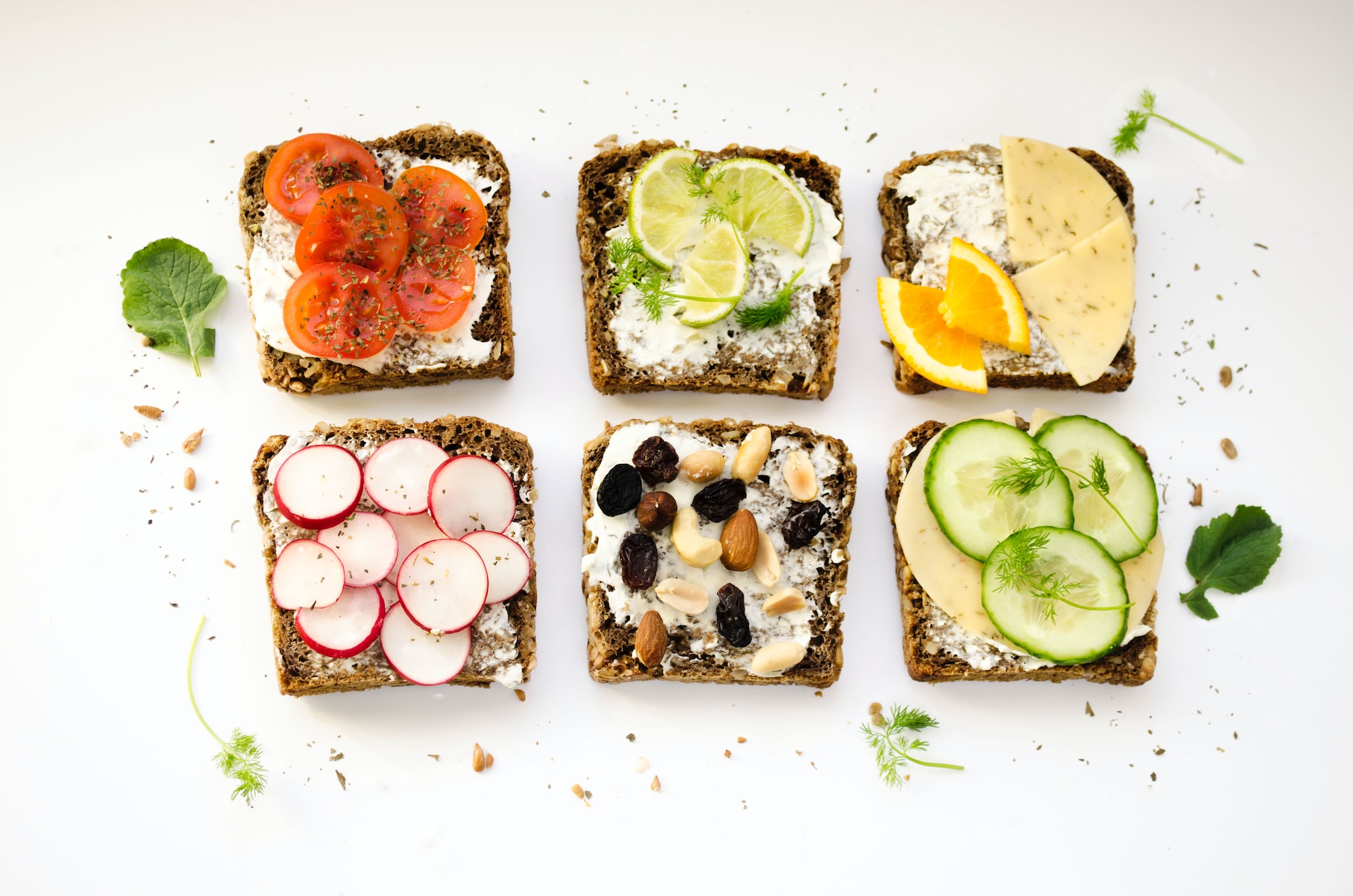Proper nutrition plays a pivotal role in supporting your fitness goals and overall well-being. Knowing how to fuel your body with the right nutrients can enhance your exercise performance, facilitate recovery, and promote long-term health. In this article, we’ll explore the relationship between nutrition and exercise, and provide practical tips to create a balanced diet that supports your fitness journey. Let’s dive into the world of sports nutrition and discover the key components of a performance-fueling diet.
Macronutrients for Exercise
Macronutrients – carbohydrates, proteins, and fats – are essential components of a balanced diet that provide energy and support various bodily functions. Here’s how they relate to exercise:
Carbohydrates
Carbohydrates are the primary source of energy for your body during exercise. They are stored as glycogen in muscles and the liver, providing fuel for both aerobic and anaerobic activities.
Proteins
Proteins are vital for muscle repair and growth, as well as hormone and enzyme production. Consuming adequate protein is especially important for those engaged in strength training or endurance sports.
Fats
Fats are a secondary energy source, particularly during long-duration, low-intensity exercise. They also play a role in hormone production and nutrient absorption.
Hydration and Electrolytes
Staying properly hydrated is crucial for optimal exercise performance and preventing dehydration-related issues.
Water
Water helps regulate body temperature, transport nutrients, and eliminate waste products. Dehydration can negatively impact performance and increase the risk of injury.
Electrolytes
Electrolytes, such as sodium, potassium, and magnesium, are essential for muscle function and fluid balance. They are lost through sweat during exercise, so replenishing them is important.
Meal Timing and Planning
Planning your meals and snacks around your workouts can help maximize performance and recovery.
Pre-Workout Nutrition
Eating a balanced meal 2-3 hours before exercise can provide the energy needed for optimal performance.
Post-Workout Nutrition
Refueling within 30-60 minutes after exercise can support muscle recovery and glycogen replenishment.
Conclusion
Fueling your body with the right nutrients is crucial for supporting your fitness goals and promoting overall well-being. By understanding the role of macronutrients, staying hydrated, and planning your meals around your workouts, you can optimize your exercise performance and recovery. Remember, a balanced diet is the foundation of a successful fitness journey – make nutrition a priority and watch your performance soar.

Leave a Reply